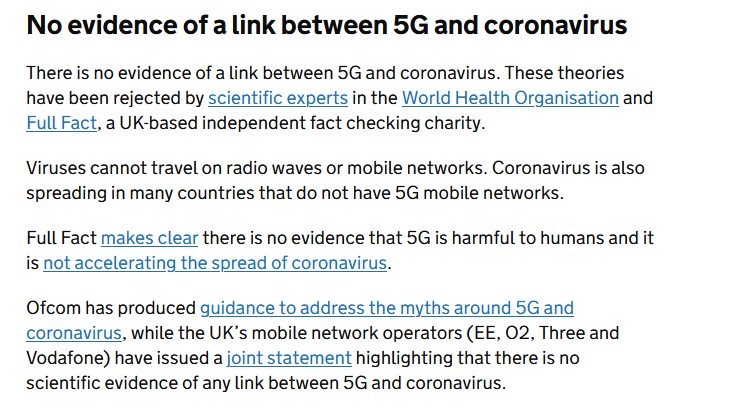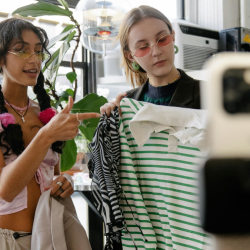Setting alarms, tracking health, holding passwords…we’re becoming increasingly reliant on our smartphones and now it’s hard to imagine a time when we would have to remember a meeting or a friend’s birthday.
In 2022, 91% of the global population is reported to own a mobile phone, and the average daily phone usage in the UK has climbed to 3 hours 15 minutes.
We rely on phones for almost everything and have constant access to information at all hours of the day.
But what is the cost of this over-reliance on technology?
Digital dementia
German neuroscientist, Manfred Spitzer, coined this over-reliance ‘digital dementia’. He explained that the extended use of digital technologies lead to the breakdown of cognitive abilities. When information is stored digitally, we have a tendency to forget the information and become reliant on the technology.
Evidence of digital dementia has been found across research studies and emerging evidence shows that the effect of chronic sensory stimulation is similar to those in adults with early onset dementia. Symptoms include recall of past memories, self-care, social functioning and acquisition of new memories.
Studies suggest that between 2060 to 2100, rates of Alzheimer’s and related dementias, will increase two-fold. Other studies, suggest even a four-fold increase.
“Just Google it”
Along with digital dementia, we also have a tendency to forget information that is readily available online. This is called the ‘Google Effect’ and happens because we do not commit information to memory that we can easily find via a search engine.
The Google Effect was first demonstrated in a 2011 study by Betsy Sparrow, Jenny Liu and Daniel Wegner. They found subjects had a lower recall of information that could be accessed at any time, but an enhanced recall of where to find the information.
Using technology to our advantage
Perhaps our reliance on technology is a good thing? We are using technology to our advantage. Using its convenience and reliability gives us the space to focus on more important tasks.
Offloading information to other sources is also not a new phenomenon. Diary writing has origins dating back to the 15th Century and The Ancient Greeks developed ‘hypomnema’, translating into English as a ‘reminder’, ‘a note’ or ‘a personal record’. It could be argued that storing information online is merely an extension of diary-writing or note-taking.
Relying on technology can be dangerous
However, despite the arguments that storing information online is efficient and reliable, relying on technology can be a dangerous game.
For example, we often blindly absorb information online without considering its reliability. This is wholly problematic when a lot of information is inaccurate.
Remember when 5G was held accountable for the spread of COVID-19? So many people believed it that the NHS put out a statement on their website (below).

Remember when Donald Trump suggested injecting bleach to treat Coronavirus? After his comments, disinfectant poisoning went up 121% in the US.
Our reliance on technology could also become limiting if you find yourself without access to it. Imagine you’ve lost your phone. How do you navigate a new city when you’re reliant on Google Maps? How do you call a family member when you don’t know their number?
When information is not committed to knowledge, our engagement with the world can become very shallow.
Is it time to rethink how we use these technologies?
While the topic continues to be studied, the literature we do have provides a good reason to be cautious.
ASK YOURSELF: Have you been spending excessive time online? Have you noticed an increase in forgetfulness, and an adverse effect on your productivity? Do you feel amiss without technology?
CAN YOU: Build technology free zones in your workplace and at home? Make a habit of memorising important pieces of information? Scrutinise the reliability of sources before trusting them?
While phone usage and reliance on technology is only set to increase, abandoning technology is clearly not a viable solution. Instead, we must be aware of the impact technology can have on memory and use this to limit the effects of digital dementia.
Featured image Social.Cut / Unsplash
































